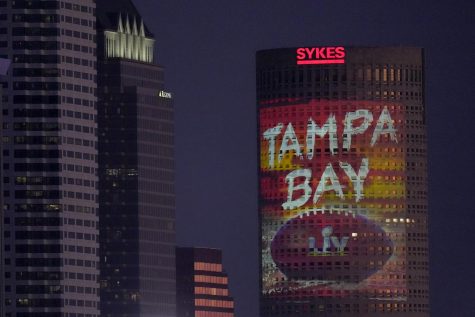Cultures not costumes
Ethnic clothing not meant to be worn as Halloween costumes

Michelle Abrams / Legacy Media
Costume stores sell outfits from not only including as pictured above but European cultures like that of the costume above.
Orange and black lanterns line the streets, horror movies play nightly and stores pack shelves with teeth-rotting candy. That eerie time of year creeps closer and closer. However, as the Halloween festivities begin, some things in the name of good fun appear drastically different to others. Parties and costumes that mimic or ridicule a culture insult both the culture itself and the people who belong to it, yet some still refuse to acknowledge this.
While some people might argue that such problems are in the past, according to USA Today, it was less than a year ago that a fraternity at The University of Texas caused nationwide controversy over a ‘border patrol’ themed party. Attendees wore ponchos and sombreros or fake military uniforms. A little before that, in December, they reported on a fraternity holiday party at Clemson, this time mocking African-Americans. Only two years ago, Fox News reported on a high school case, in which white students publicly dressed in costumes mimicking those of white supremacists. Dressing as racial or cultural stereotypes for Halloween is not only in bad taste, it shows the wearer’s lack of empathy and compassion for people of other ethnicities.
Less obvious insensitivities are even more prevalent when it comes to Halloween costumes. A particularly subtle offense is cultural appropriation, which is the adoption of elements from a different culture without recognition of the culture significance. Costumes with headdresses refuse to acknowledge that Native Americans only bestow them upon men who have earned a great amount of respect in their tribe; the war bonnet symbolizes great spiritual importance. Similarly, dressing as geishas or matadors is offensive to Japanese and Spanish cultures, respectively. Even if a culture’s traditional attire may seem appealing, it does not mean it is acceptable to use it as a costume.
Simply put, dressing up for Halloween is a fun tradition. However, the insensitivity that can result from culturally-driven parties and costumes is something to consider and avoid.








